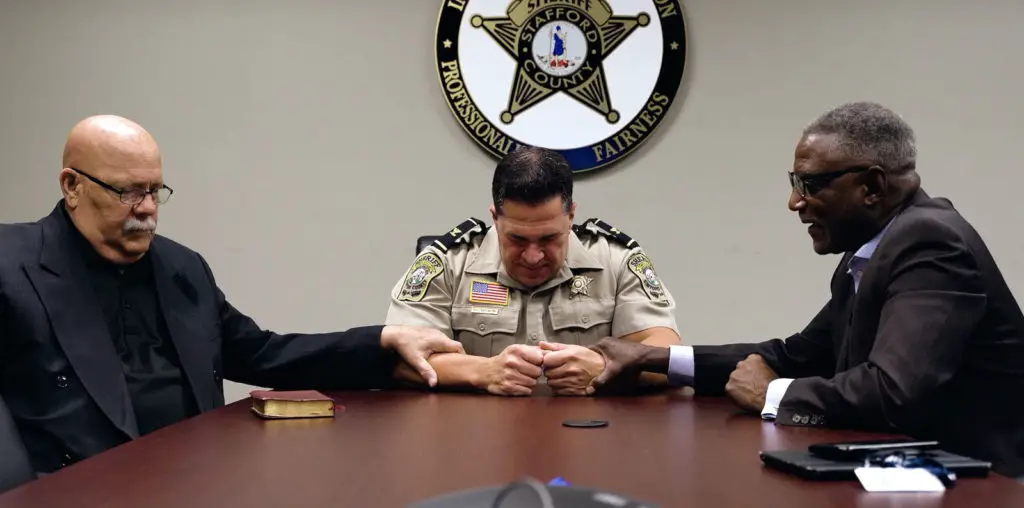
Word of the week: City
PERSONAL VELOCITY
***
Director & Writer: Rebecca Miller
Producer: Alexis Alexanian, Lemore Syvan, and Gary Winick
Starring: Kyra Sedgwick, Parker Posey, Fairuza Balk, David Warshofsky, Leo Fitzpatrick, and Tim Guinee
2002
Velo-city: The Farther You Push Me…
“Velocity” is distinct from “speed” because it involves not only a change in distance-over-time, but also a change in direction. This physics term is cool enough to have inspired a band’s name (Velocity Girl), and a few film titles (“Terminal Velocity,” “Escape Velocity,” and “Velocity Trap”). Rebecca Miller’s film “Personal Velocity” (2002) is another addition to this list.
Shot in documentary aesthetic, Miller’s self-penned film offers a glimpse into the lives of three women. Delia (Kyra Sedgwick) is a battered mother of three who wants to leave the cycle of violence; Greta (Parker Posey) is a professionally underrated book editor whose talent needs to be recognized; and Paula (Fairuza Balk) cheats death and is determined to discover the meaning of the sixty-second twist of fate that saved her life.
Sedgwick, Posey, and Balk deliver very strong performances, and the film conveys a touching message about the fragility, vulnerability, and resilience of human nature. The hand-held mode of recording, however, is headache-inducing. From the dizzying, unfocused beginning credits to the last, lingering shot in the end, Miller (formerly an actress), continuously reminds you that what you’re watching ought to have more philosophical, psychological, and emotional depth because it looks “real.”
Well of course it looks real—there aren’t any flying monkeys or spandexed superheroes nor do the characters wake up looking like they just finished shooting a Revlon commercial. Miller doesn’t need the movements of a restless camera to convince you that the stories she’s recounting could happen in real life. Yet, she insists on making the film from the lens of an obediently shaken cinematographer, Ellen Kuras. Furthermore, a male narrates the film. As he inflects his voice on certain words, particularly on Delia’s portion, you’re suddenly reminded of another fake documentary called “Land without Bread” (Luis Bunuel, 1933). I’m sure the narrator of “Personal Velocity” doesn’t mean to belittle the seriousness of the characters’ struggles, but it happens anyway.
The possibility that the cinematography doesn’t serve any thematic or structural purposes is too easy and actually nullifies the sincerity of the actresses’ portrayals. Delia’s experiences are unstable and violent; therefore the camera jolts around, zooming in and out pseudo-haphazardly. In contrast, Greta’s situation has more structure, so the camera takes a breather and calms itself. It still slips into motion, but refrains from twirling around the characters. Paula’s adventure is more or less a synthesis of the two. She witnesses some bizarre events, and because there are moments of calm and chaos, the camera shoots her accordingly.
Examining this kind of symbiotic relationship between narrative and camera suggests that Miller deliberately employs hand-held-gone-over-board to emphasize the upheavals that occur in these characters’ lives. As the apt title indicates, Delia, Greta, and Paula each undergo a change in personal velocity. Their lives shift gears in speed and direction. If only the first fifteen minutes of the ride weren’t as bumpy…then we’d be able to soak in the scenery more completely.
Every week, Stina Chyn puts her viewing habits in your hands. Readers vote on five random words posted at Back Talk every Tuesday. The winning word dictates what she will have to watch and review the following week as that word must appear in the title of the movie. Choose wisely!
